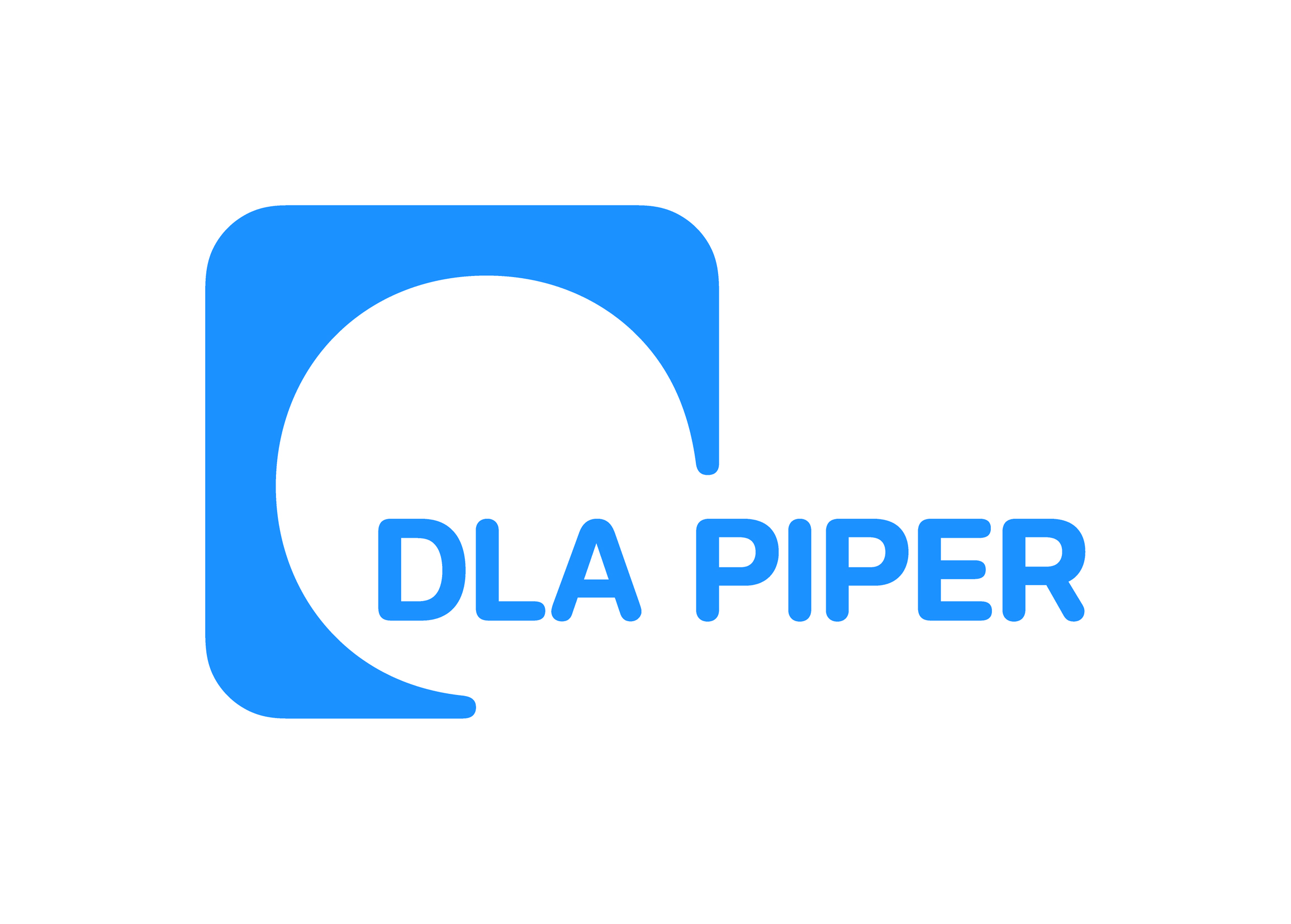
Related Articles
3 things to stop doing today to get the job of your dreams
The Recruiter's Perspective: how to answer...
Group Work & Team Presentations (Video)
Reading & Research (Video)
How to answer "What was your greatest disappointment?"
Profitability Framework
Commercial Awareness (Video)
See More...
19 July 2016 |
Recruiters from top City firms have provided exclusive advice to help you answer commonly asked application and interview questions. Why do firms ask these questions and what do they expect from candidates? Read below to find out.
What are your weaknesses? (DLA Piper)
It's a question people dread answering, so why do employers like to ask “what are your weaknesses?â€
It's a tricky interview question which on the face of it seems to be designed to ask you to reveal your flaws. However, if you know why the interviewer is asking you this question and prepare in advance, this can provide the perfect opportunity to showcase why you would be right for the role.
In an interview situation, it is only natural to want to highlight your achievements and to try and hide away any weaknesses; the key to successfully answering the question though is to talk about your weaknesses from a positive angle. This question is designed to test your self-awareness, whether you are honest and whether you seek to improve. Preparing in advance should enable you to give a strong and confident answer.
How to prepare for this type of question?
Self-reflection and being honest about your own abilities is key. Think deeply about the areas in which you could improve and how you have taken/are taking steps to address these areas. For example, you could say that you used to find public speaking and presenting in front of large audiences very stressful – thus presenting a weakness of yours as requested – but could then go on to show that you have been actively trying to address this weakness by (for instance) signing up for public speaking classes at university or volunteering to part take in campus presentations in order to gain more experience and consequently reduce your nerves.

It might help to write out a list of your weaknesses and come up with ways to tackle each one. This will focus your mind and give you a great starting point. Of course, this will require preparation in advance, as you will need to demonstrate that you have taken active steps to self-improve having recognised your weaknesses – especially if the weaknesses could on the face of it hinder your suitability as a candidate.
In addition, researching your employer in advance (as stressed throughout this handbook) can also help when answering questions focusing on your weaknesses. Showing an understanding of the business / role, what working for the firm will entail, and how your weaknesses could play out in this context can impress your interviewer. No one is perfect, so being honest about an area where your weaknesses may hinder your work, whilst explaining how you are successfully working on improving yourself, may not necessarily be perceived as a negative and could actually help you secure the position.
What we employers are looking for - what makes an answer strong?
Keep the interview professional and focussed on your career, experiences and education. Most importantly, be truthful! Choose a weakness which is real to you and choose one which you have been most active in trying to improve. Be prepared to talk about more than one however.
Don't try and come up with something you think the interviewer will want to hear. For example, “my biggest weakness is that I work too hard and tend to stay late to make sure I complete all my deadlines†or “I get stressed easily when people don't do as I ask, I often find it easier to just do all the work myselfâ€. Not only will this come across as false, you will be seen as someone who can't cope with pressure or is not a team player - qualities an interviewer will not want to see! Don't try and come up with something you think the interviewer will want to hear. For example, “my biggest weakness is that I work too hard and tend to stay late to make sure I complete all my deadlines†or “I get stressed easily when people don't do as I ask, I often find it easier to just do all the work myselfâ€. Not only will this come across as false, you will be seen as someone who can't cope with pressure or is not a team player - qualities an interviewer will not want to see!